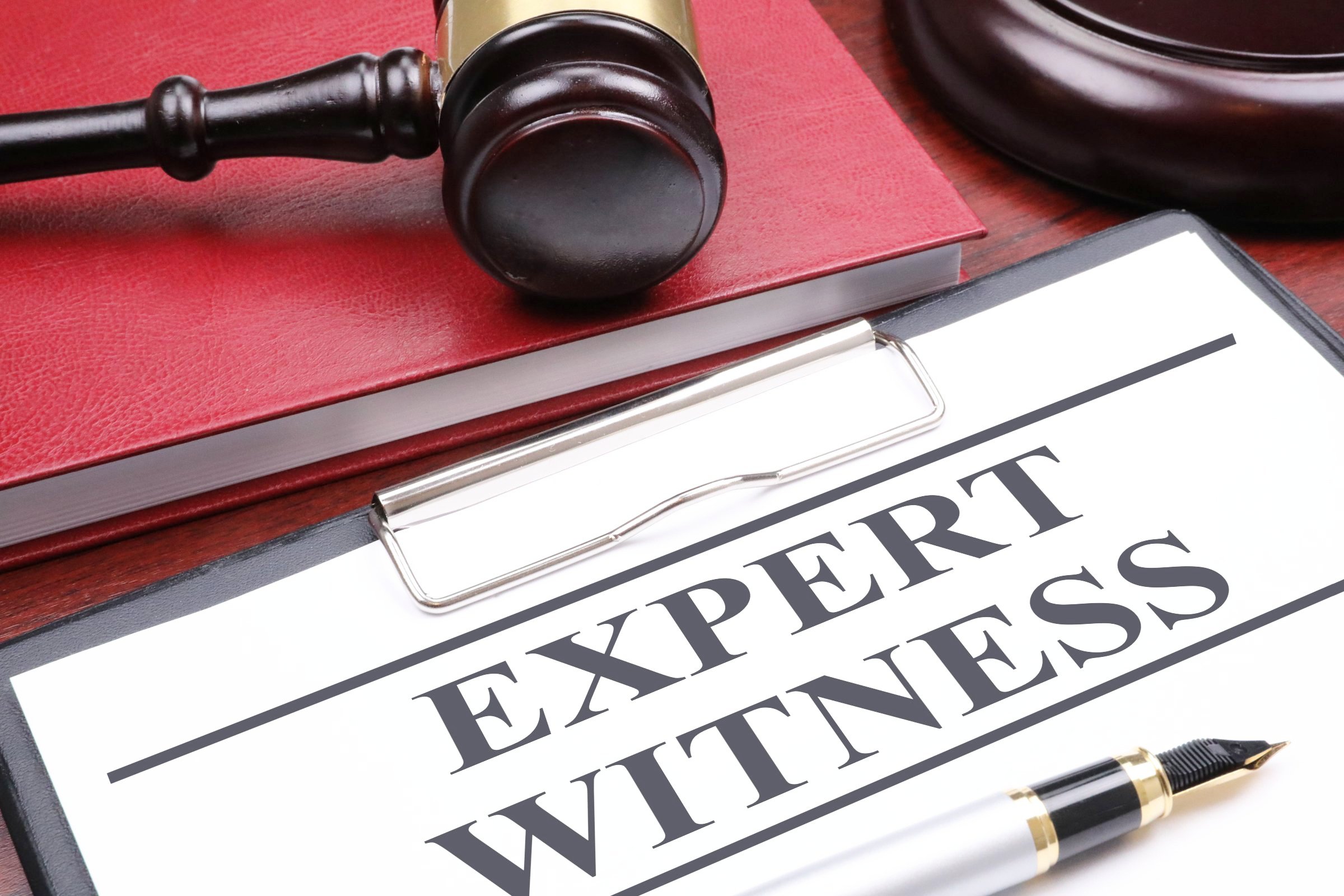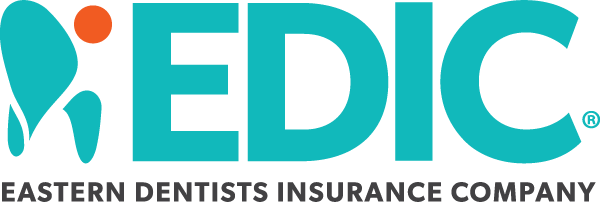So You’ve Been Asked to Provide Expert Witness Testimony?

The purpose of expert testimony is to help a jury understand whether the plaintiff has met the elements of a dental malpractice claim. The expert’s main task consists of explaining how the defendant dentist met, or failed to meet, the applicable standard of care. To provide context, the expert will describe the practices and procedures followed by a competent dentist in the specialty at issue. They will then explain how the defendant’s actions met or deviated from the standard of care. An expert can rely on their own experience and knowledge, but they can also integrate academic publications and industry standards to support their opinions.
An expert witness may also be asked to evaluate the merits of a claim before legal action is filed. The expert witness may be tasked to review the dental and medical records and provide a written opinion regarding the standard of care and whether there were any deviations from the standard of care. In the event legal action moves forward, the expert witness may be asked to testify at trial as to their opinion on the standard of care. They may be asked to attend depositions as well as evaluate the opposing side’s expert opinions.
Recently, an EDIC policyholder asked if there are any malpractice implications to providing expert testimony or an expert opinion. The short answer is, No. As the expert is not treating the patient or establishing a doctor-patient relationship, the expert’s opinion about the standard of care has no implications for their own dental malpractice coverage.
However, there are some factors you should keep in mind when deciding whether to act as an expert witness. First, if you’re asked to testify at trial as an expert, you should know that the jury is free to give your testimony as much or as little weight as it chooses, so opposing counsel will work hard to discredit you on the stand. Opposing counsel will ask about your qualifications, your training, how much money you’re being paid to testify, etcetera. The attorney who hires you will prepare you for this cross-examination, however, it may still be grueling and uncomfortable.
Second, some expert witnesses may choose to turn their expertise into a career. In this situation, it may be a good idea to explore separate expert witness liability insurance (often called “errors and omissions” insurance or “E&O”). In most jurisdictions, expert witnesses are immune from suits from the opposing party. Lawsuits by the retaining party against the expert are typically allowed. Therefore, if the attorney who retains the expert believes that the expert provided incorrect testimony, made a scientific error, lied, missed a deadline, or did something else incorrectly that cost them the case, they may choose to sue the expert for negligence. In such a situation case, the EDIC malpractice policy would not respond to cover the expert. Claims arising from expert testimony or opinions are not covered under EDIC’s dental malpractice policy because there is no dentist-patient relationship. Therefore, there are no “dental professional services” rendered. An E&O policy tailored for professional experts, however, would respond to cover claims arising from activities related to providing expert testimony or opinions.
Finally, if you’re a treating provider asked to submit an affidavit or provide factual testimony (as opposed to expert testimony) in a case involving your own patient, please contact EDIC so we may advise you on how to proceed.

